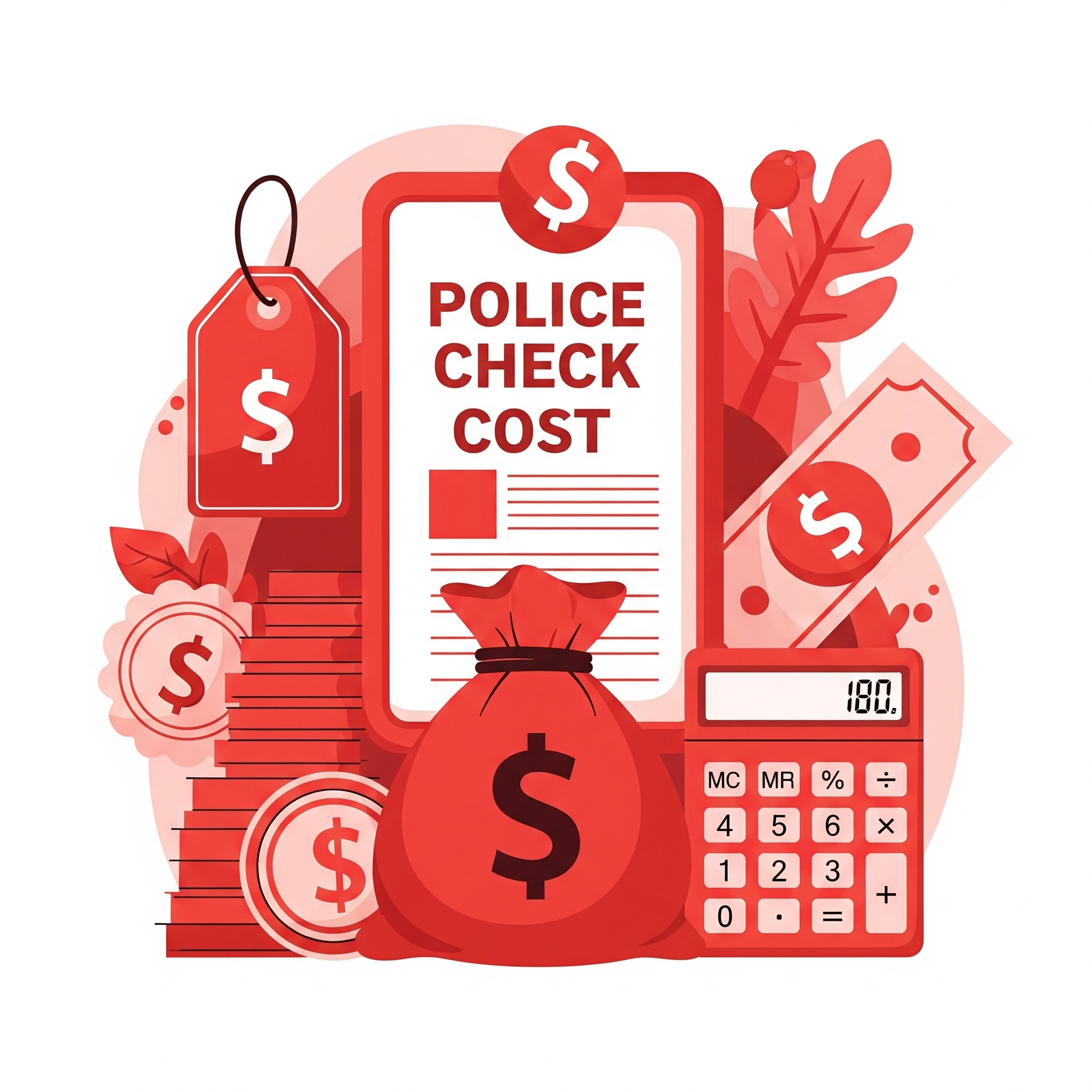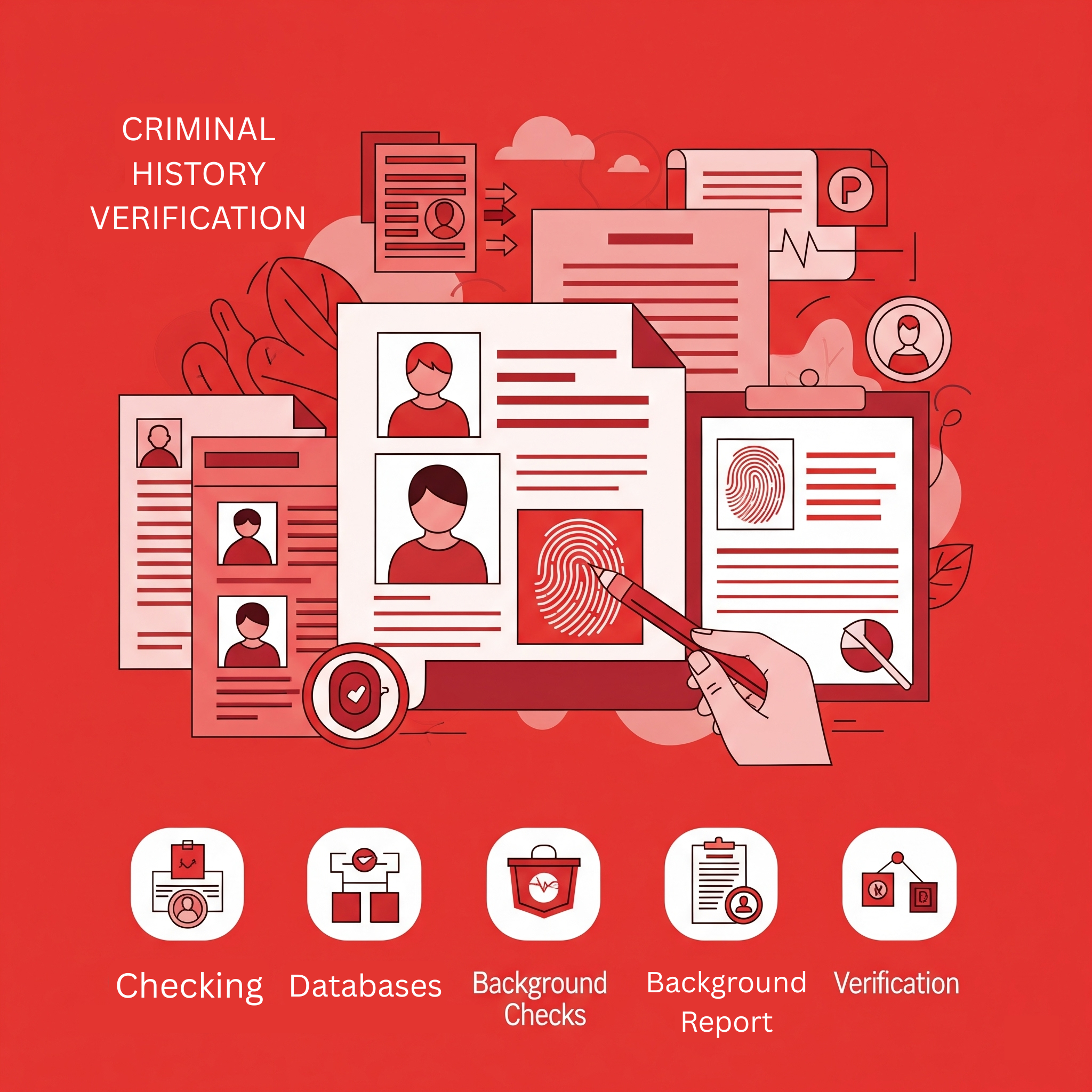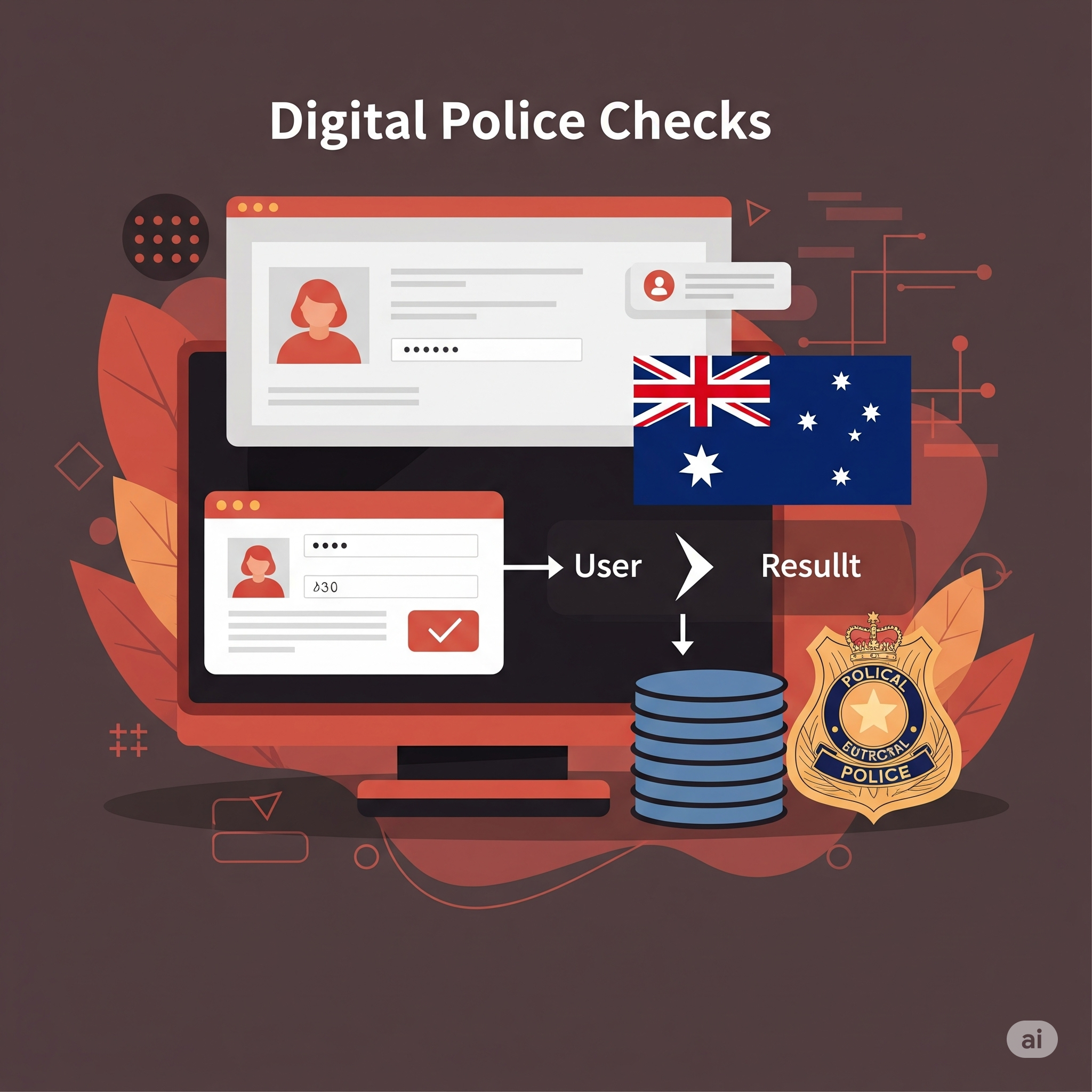Planning for a job interview can be both exciting and stressful. To stand out and present yourself effectively, it is crucial to be well-prepared. Here are detailed tips to help you excel in your next job interview.
To know how to prepare for a job interview you should recognize your own interview abilities and constraints before the interview is vital for interview preparation and success. Give top priority to your talents, as well as the special abilities and experience you provide the position. By firmly showing your strengths, you could leave an optimistic impression. Recognizing your shortcomings and being ready to talk about areas where you might lack experience while emphasizing your proactive attempts to get better are equally crucial. This shows a sense of self and a dedication to one’s own progression.
Come Prepared for Key Questions
You can greatly increase your probability of success by understanding how to prepare for a job interview also by anticipating and planning answers to the most common interview questions. Frequently requested questions center on your qualifications, experience, and driving forces. When you master responding to these questions, concentrate on giving succinct, precise, and pertinent responses. You will feel more assured and be able to speak more clearly if you have studied for the interview. If you haven’t been worked before and this is your first job, then a Pre-Employment Background Check can be a must. Additionally, as these topics are frequently covered in-depth when looking for how to prepare for a job interview, think about formulating answers to queries about your prior successes and failures.
Research the Organization
Developing a solid knowledge of the company’s operations is among the most crucial components of how to prepare for a job interview. Study the company’s past events, principles, and tasks. You can probably effectively customize your comments if you have a solid understanding of the company culture and how it corresponds with your own standards. You may show that you completed your study by offering intelligent concerns if you are aware about the company’s operations. Some companies might even require a national police check.
Review the Position Description
A thorough review of the job description is another essential stage. This document outlines the particular responsibilities and skills needed for the role. Make sure your credentials match these requirements, and be ready for discussion about the ways in which you meet or are beyond them. By aligning your experience with the job requirements, you may provide targeted responses and examples that show your suitability for the position. If you are an international resident in the country, some companies require a Visa & Work Entitlement Check. Being ready also offers you the assurance to respond to any questions specific to your position.
Dress Appropriately
The way you appear could have a big impact on the interviewer’s initial impression of you. One of the most significant elements of knowing how to prepare for a job interview is to how to dress. Wear business-casual clothing that is appropriate and also looks appealing. Companies prefer that employees must be dressed up to the standards of their company, and it’s suggested that you should be dressed to the nines than underdressed if you’re not sure. Dressing professionally not just gives you more self-confidence but also shows your ability to handle your work professionally. Sometimes being well dressed can intimidate the interviewer, which can be an advantage. Make sure that what you wear fits well, is clean, and meets the requirements for the field.
During the Interview
Good First Impression
First impression is the last impression. Making an excellent first impression is an essential element of understanding how to prepare for a job interview because this impression establishes the mood for the rest of the interview. It makes the interviewer interested, and it makes them talk to you. When you initially meet your interviewer, introduce yourself, deliver a solid handshake, and smile warmly. This approach instantaneously fosters a positive and professional atmosphere. Being timely additionally indicates your ability to organize and pay attention for the interviewer’s time.
Awareness of Your Body Language
Comfort as well as engagement can be expressed through body language. Maintain eye contact, sit up straight, and make use of gestures to emphasize your arguments. Avoid showing disinterest or crossing your arms as these could be perceived as nervousness or disinterested behavior. Good body language supports your spoken words and demonstrates your sincere interest in the topic.
Answering Interview Questions
Use the STAR approach (Situation, Task, Action, and Result) the way you respond to questions during a job interview. This strategy assists you in giving brief and understandable an instance of your expertise and achievements. Give careful attention to the way you handled particular circumstances, the steps you made, and the results of those steps. This methodical technique guarantees that your answers are effective and pertinent.
Prepare Questions to Ask
Prepare insightful and observant inquiries concerning the job or business environment. Such as in aged care there can be questions like “How would you take care of a disable person”. In addition to showing interest, asking questions enables you to determine whether the position fits with your professional objectives. Refrain from asking inquiries that only address pay and benefits or that have clear-cut answers. Instead, ask about team chemistry, the company’s growth potential, and the main obstacles of the role.
End of the Interview
In the end of the interview, be sure to make a powerful concluding statement. Acknowledge your interviewer for their time and show your gratitude for the job. Demonstrate once more why you believe how you can be an excellent candidate for that position and the ways that you can boost the growth of the company. Deliver a letter of appreciation or email within 24 hours of the interview. This additional communication provides you an additional chance to express thankfulness and shows your interest in them.
Conclusion
Learning how to prepare for an interview is one of the most crucial things you must do for getting the job you need. If you are completely conscious of your own unique traits and opportunities for growth, you will be able express yourself with confidence and sincerity. Answering often demanded inquiries during interviews and emphasizing your experience, growth mindset, and contribution to the organisation is made easier when you are prepared.
Thoroughly understanding the role and the company is equally important since it allows you to adapt how you respond to the objectives, morals, and traditions of the organisation. This not only demonstrates genuine interest but also sets you apart as a motivated and informed applicant.
Creating a nice first impression, wearing appropriately, and exhibiting positive body language are all easy yet powerful ways to influence your interview appearance. Also coming prepared with unique interview questions illustrates that you are passionate about the job as well as committed to finding an individual that will serve the organization and you your career.
Writing a thank-you note during the interview, acting professionally at all times, and executing the employment screening process with integrity and openness all contribute to a strong, thorough application process. All these factors help to increase the chances of securing a job.
In modern highly competitive job market, just showing up is no longer adequate; you also need to draw attention to your value, interact well, and be creative in your preparation. Whether it is addressing your most memorable achievements or your it is your missteps, it matters most to be prepared, passionate, and honest. By using these tried-and-true strategies, you’ll significantly increase your odds of success and create an excellent initial impact on any potential employer.
Frequently Asked Questions (FAQs)
Q) How to check if the interview went well?
Within a day, send a thank-you email to express your gratitude for the opportunity and to confirm your interest.
Q) What are most asked interview questions?
Tell me about yourself. “What are your strengths and weaknesses?” “Why do you want to work here?” and “Why this job?”
Q) How to tackle difficult questions?
Address difficult questions by staying calm, being honest, and using specific examples to demonstrate your skills and growth.
Q) What is the best time to arrive for a job interview?
Try to get there 10 to 15 minutes early. This demonstrates timeliness and allows you to relax, collect your thoughts, and take in the business setting prior to the start of the interview.
Q) What to take to an interview?
Bring a list of references, many copies of your resume, a notebook and pen, and any relevant portfolio items or work samples. It shows professionalism and preparedness to have these ready.
Q) How not to be nervous before the interview?
Try affirmations that are positive, deep breathing, and simulated interviews. Anxiety can also be decreased by appearing early and being well prepared. You can increase your confidence by visualizing success.
Q) Should I send a thank-you note after the interview?
Yes. Sending a thank-you email within 24 hours is highly recommended. It shows gratitude, reinforces your interest, and helps you stand out from other candidates.
Q) Is it appropriate to ask about salary on the first interview?
No, you should always wait for the interviewer to bring that up.
Q) What should I do if I don’t know the answer to a question?
Don’t panic, stay composed and take a moment to think. It’s sometimes okay to ask for clarification or say, “That’s a great question, let me think for a moment.” If you don’t know the answer, be honest but express a willingness to learn and adapt.




